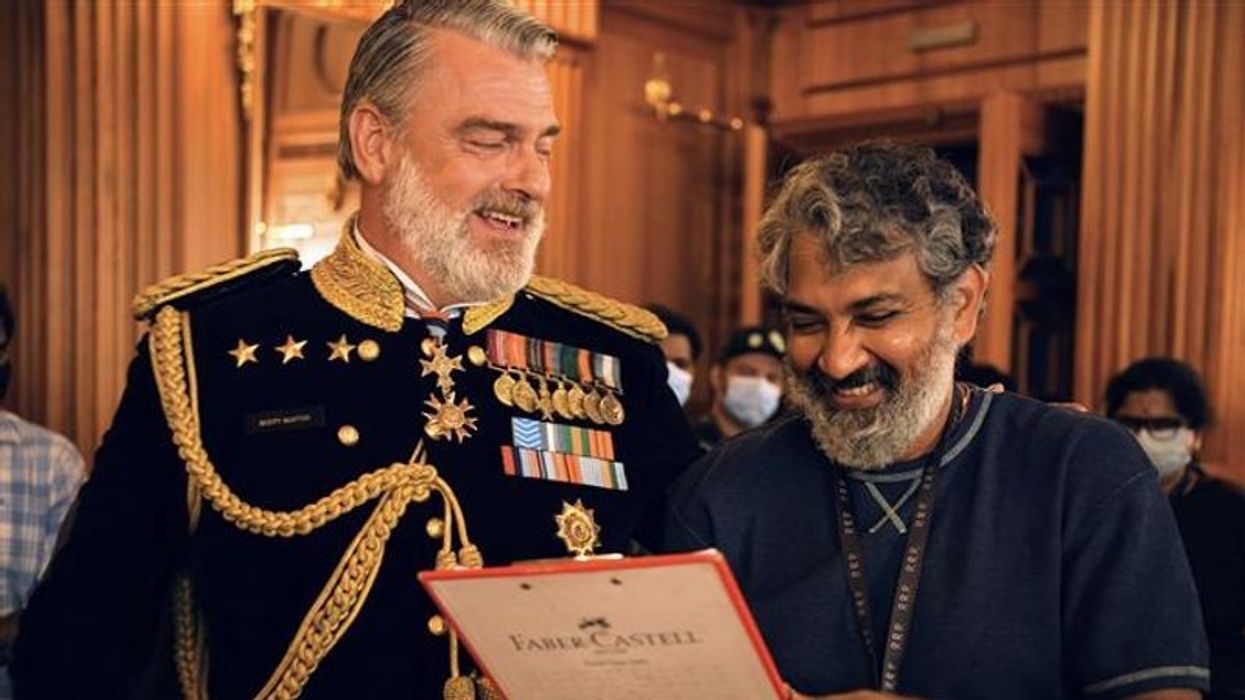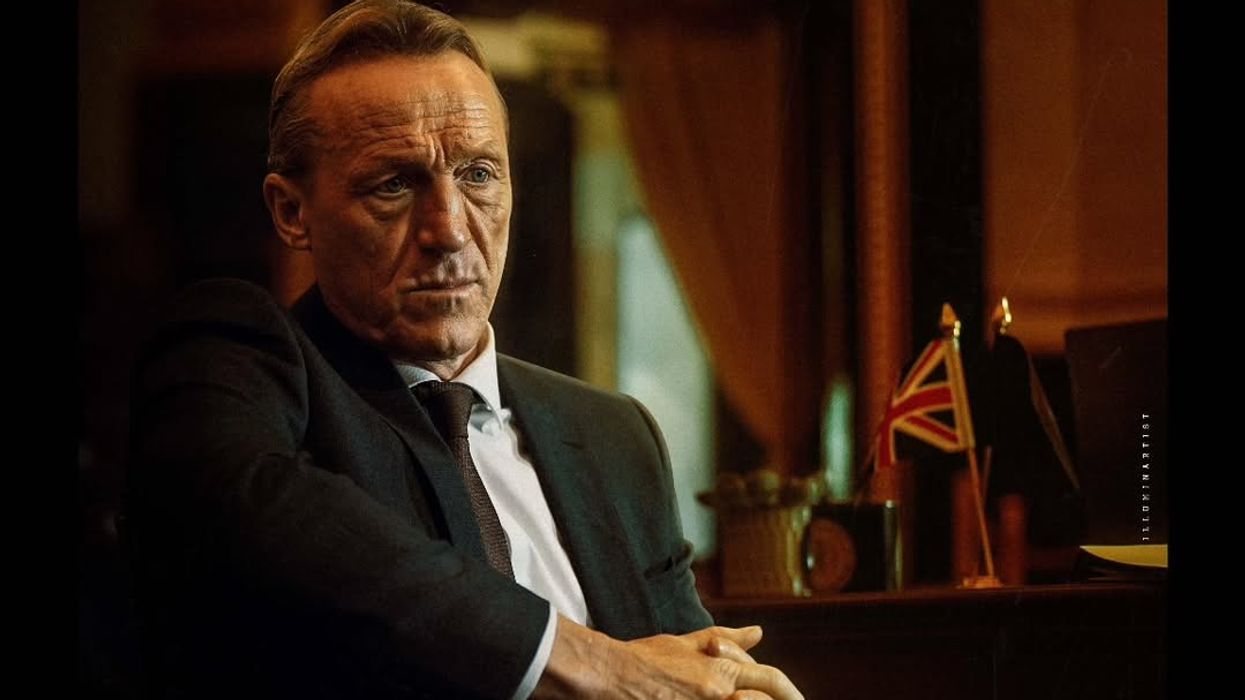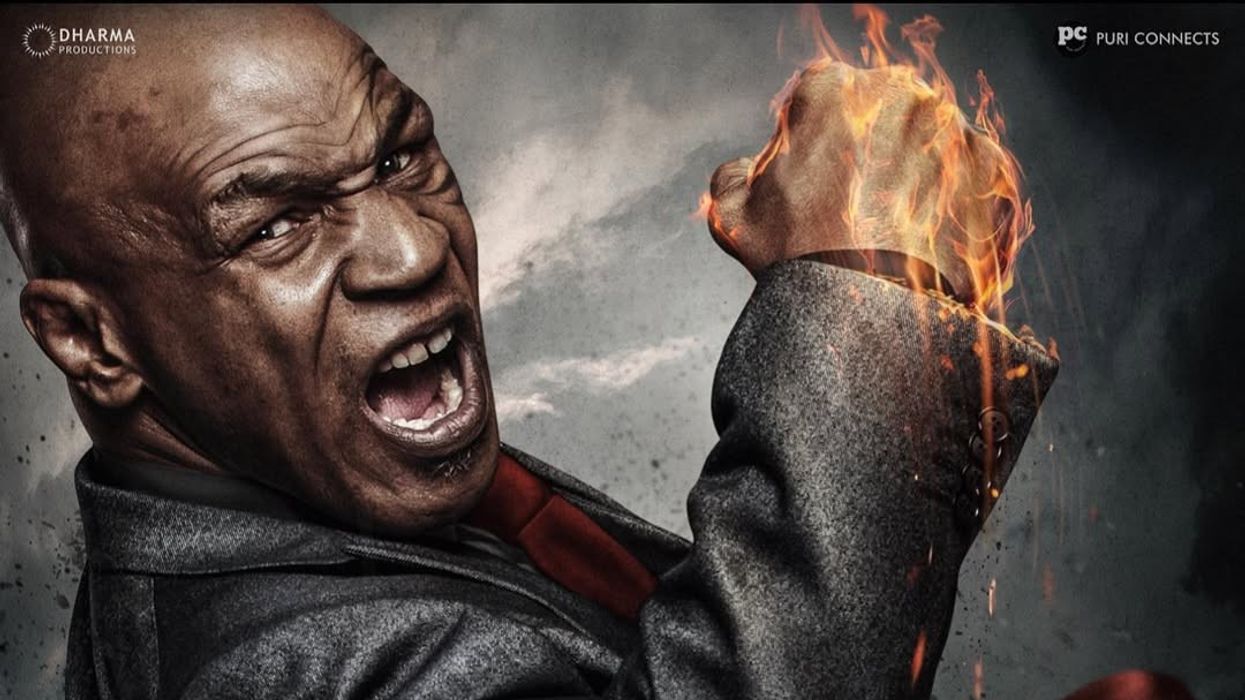Imagine sitting in a packed theatre, watching your favourite Indian movie unfold—when suddenly, a familiar face from Hollywood or a European blockbuster appears on screen. It’s a surreal moment, right? More like a fusion of worlds you never expected to collide.
Over the years, Indian cinema has welcomed international actors in ways that feel organic, exciting, and sometimes even ground-breaking. They’ve played ruthless villains, kind-hearted allies, and complex characters who stay with us long after the credits roll. With blockbusters like L2: Empuraan on the horizon, the line between Indian and global cinema is blurring faster than ever. The much-anticipated sequel to Lucifer has already created a buzz with the announcement of British actor Jerome Flynn, best known for Game of Thrones, joining the cast. His presence signals a grander international vision for Malayalam cinema, and if rumours about Rick Yune’s involvement turn out to be true, we might be in for a truly global spectacle.
But Flynn is just the latest in a growing list of international actors who have made their mark on Indian films. Let’s take a look at some of the most memorable ones.
1. Ray Stevenson – RRR (2022)
Irish actor Ray Stevenson made a strong and lasting impression in Indian cinema with his role as the ruthless Governor Scott Buxton in RRR. As the film’s main antagonist, he brought a commanding presence to the screen, making the character’s cruelty feel all too real. His performance added weight to the story, making the stakes feel higher and the heroism more powerful. Stevenson’s role in RRR was a strong example of how Indian films are embracing international talent in meaningful authentic ways. His passing in May 2023 was a heart-breaking loss, but his portrayal in RRR remains unforgettable, a true reminder of his incredible screen presence.

2. Jerome Flynn – L2: Empuraan (Upcoming)
The British actor, best known for his role in Game of Thrones, is gearing up for his Malayalam cinema debut in L2: Empuraan, the highly anticipated sequel to Lucifer, directed by Prithviraj Sukumaran. With a reputation for playing sharp-witted and rugged characters, his addition to the Mohanlal-starrer suggests a film with an even grander, global scope. If that wasn’t exciting enough, speculation about Rick Yune’s involvement has only fuelled the buzz.

3. James Cosmo – Jagame Thandhiram (2021)
Another Game of Thrones veteran, James Cosmo, famous for playing Jeor Mormont, took on the role of a London-based gangster in Jagame Thandhiram. Director Karthik Subbaraj had initially dreamt of casting Hollywood icons like Robert De Niro or Al Pacino, but Cosmo brought his own gravitas, elevating the film’s international appeal.

4. Mike Tyson – Liger (2022)
The boxing legend’s Bollywood-Tollywood crossover in Liger was hyped as a ground-breaking moment. Though the film didn’t live up to expectations, Tyson’s cameo as a formidable fighter facing off against Vijay Deverakonda remains a wild and unforgettable pop culture moment in Indian cinema.

5. Toby Stephens – Mangal Pandey: The Rising (2005)
British actor Toby Stephens, known for his roles in Die Another Day and Black Sails, played Captain William Gordon in this period drama opposite Aamir Khan. His portrayal of the conflicted British officer added depth to the retelling of India’s first war of independence.

6. Rachel Shelley – Lagaan (2001)
Before Game of Thrones and the OTT revolution, Lagaan put Indian cinema on the global map, earning an Oscar nomination. British actress Rachel Shelley played Elizabeth Russell, a kind-hearted Englishwoman who helps Aamir Khan’s character master cricket—a performance that still resonates with fans of Indian cinema.

7. Erika Kaar – Shivaay (2016)
Polish actress Erika Kaar starred alongside Ajay Devgn in Shivaay, a high-octane action thriller. Her role as a foreign national caught in a web of crime in India showcased the industry’s growing inclination toward international talent to add authenticity to global narratives.

8. Mish Boyko – Queen (2014)
Kangana Ranaut’s Queen was all about self-discovery, and along the way, she met Mish Boyko’s fun-loving Russian character, Oleksander. The British actor brought charm and humour, making him a fan favourite in this beloved film about embracing life beyond cultural boundaries.
Mish Boyko won hearts as the fun-loving Oleksander in Queen
The future of global collaboration in Indian cinema
With Indian films becoming more internationally recognised and accessible through streaming platforms, collaborations with Hollywood and global cinema are set to rise. Whether it’s through major stars lending their charisma to Indian films or new faces making surprising debuts, the future of cross-cultural storytelling is more exciting than ever.
But who’s next? Maybe we’ll see Gary Oldman in a Malayalam crime thriller or Charlize Theron in a Tamil action spectacle. At this point, nothing feels too far-fetched.
One thing’s for sure—the era of Indian cinema being a local phenomenon is long gone. The world isn’t just watching anymore. They want in!





